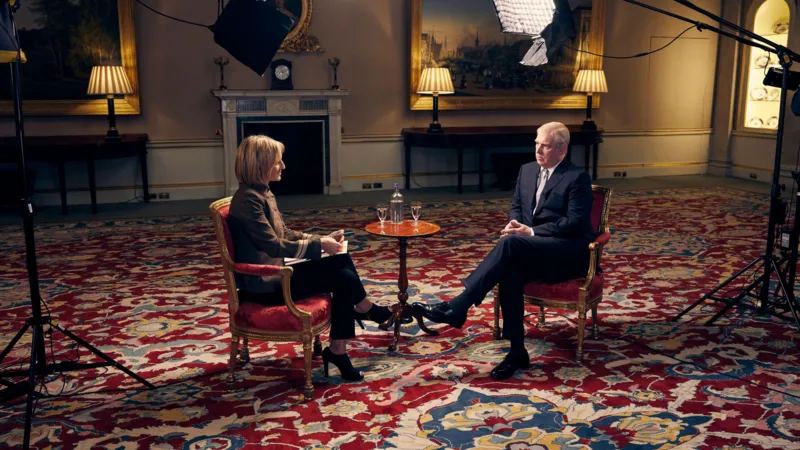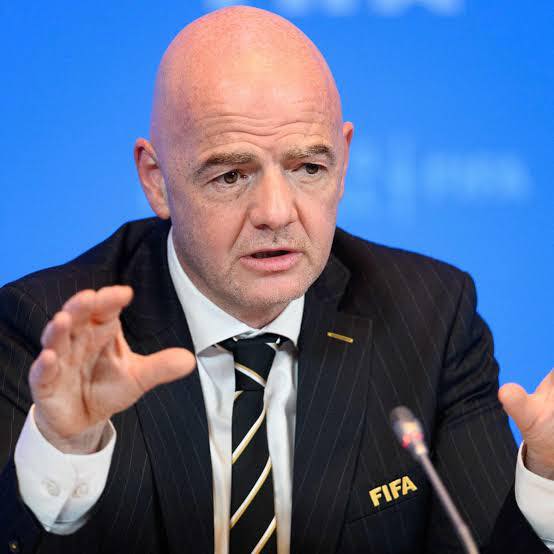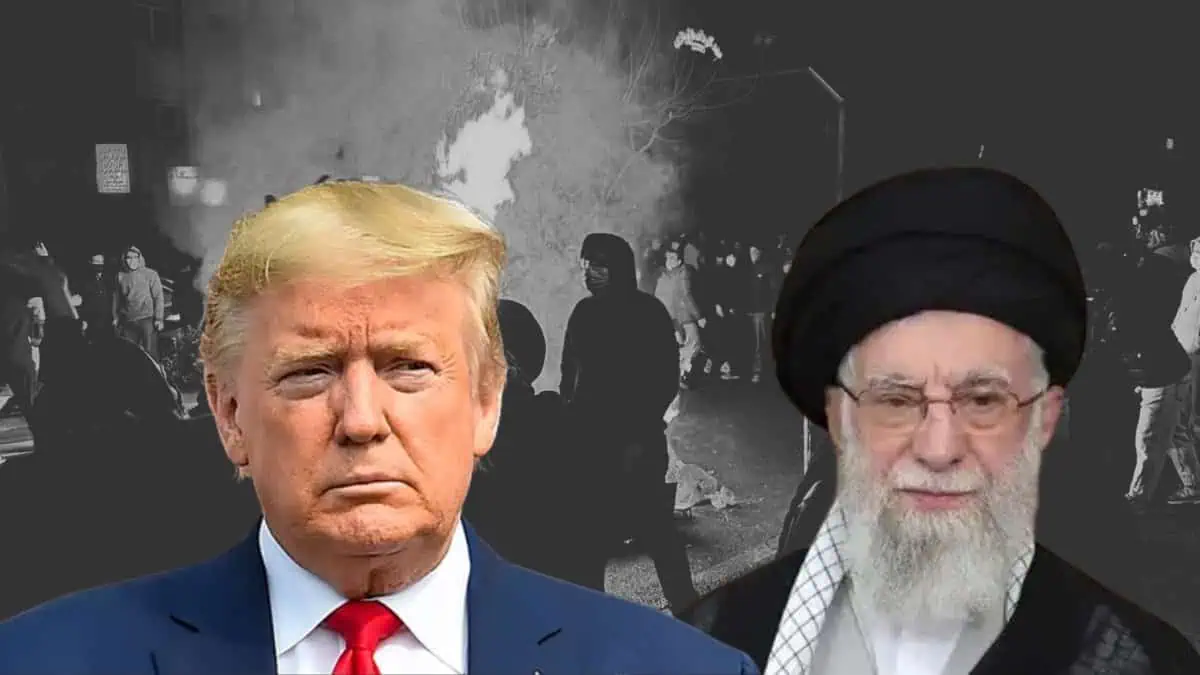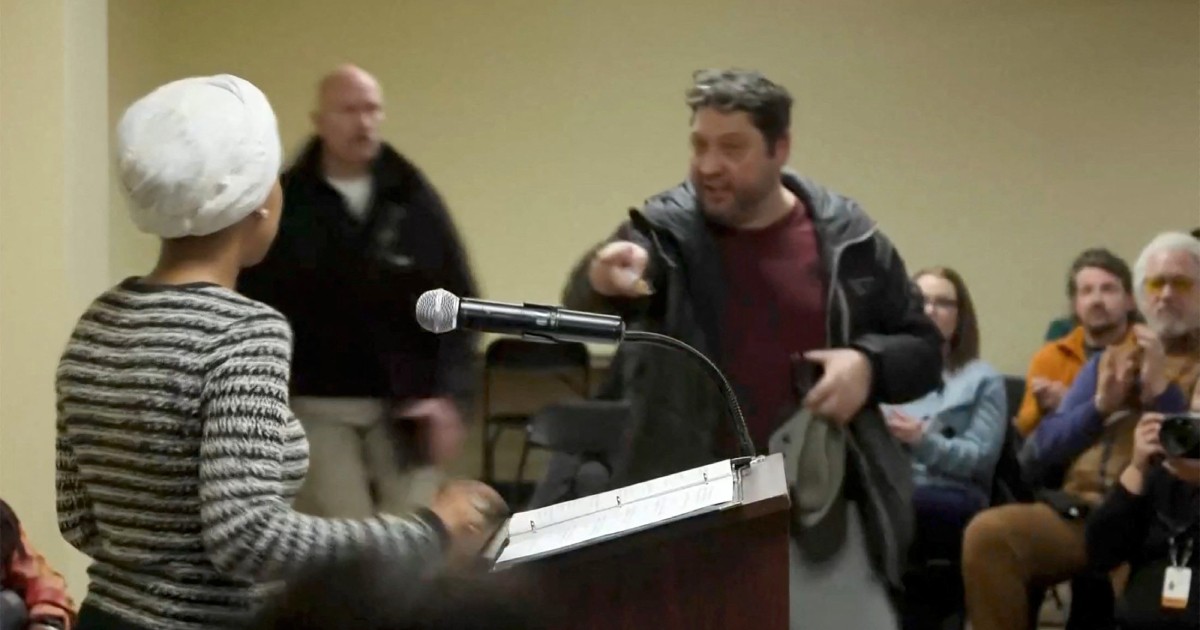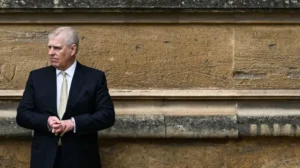
A Historic Fall from Grace
After decades of controversy, Prince Andrew, now referred to as Mr. Andrew Mountbatten Windsor, has officially lost all royal titles and privileges, marking one of the most dramatic demotions in modern British royal history.
The announcement came directly from Buckingham Palace, not from Andrew himself, signaling a decisive end to the long-running crisis surrounding the King’s younger brother. Titles such as Duke of York, Earl of Inverness and Baron Killyleagh are to be formally revoked.
Complete Loss of Status
This move ends what palace sources called the “Siege of Royal Lodge.” Andrew will leave his Windsor residence after losing his independent lease and is expected to relocate to property on the King’s Sandringham Estate in Norfolk, a privately owned royal residence.
The decision means Andrew is now financially and personally dependent on King Charles III, both for his housing and income. His former wife, Sarah Ferguson, is reportedly arranging separate accommodation and will not be joining him in Sandringham.
In addition to losing his titles, Andrew will no longer represent the Royal Family at any public events or ceremonies. Palace aides have confirmed that he will also lose several honorary military positions, which will be redistributed to other senior royals in the coming weeks. His personal staff has reportedly been reduced, and security arrangements are under review to reflect his new private status.
Public and Political Pressure
The Palace’s action follows months of growing pressure from both Parliament and the public. Lawmakers had considered debating the formal removal of Andrew’s titles, and the Public Accounts Committee raised concerns about his access to public funding.
Recent polling shows 91 percent of the British public hold a negative view of Andrew, the lowest approval rating ever recorded for a royal.
During a recent public appearance in Lichfield, King Charles was even heckled by a bystander shouting, “How long have you known about Andrew and Epstein?” a sign of the intense public anger that continues to shadow the monarchy.
The move appears to have prevented Parliament from pursuing a formal vote to strip him of titles. Several members of Parliament have said the Palace’s decision reflects the public will and may help ease political pressure on the monarchy, at least temporarily. Still, some lawmakers are urging further transparency regarding royal finances and accountability.
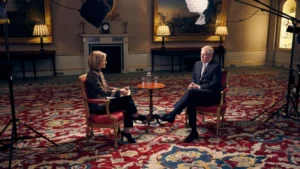
Longstanding Controversies
For years, questions have surrounded Andrew’s business links, financial dealings and his association with convicted sex offender Jeffrey Epstein. Despite multiple scandals from questionable investments to alleged connections with authoritarian figures, he maintained royal privileges until now.
Andrew was stripped of his trade envoy role back in 2011, and public patience has waned ever since his infamous 2019 television interview where he denied wrongdoing but failed to quell criticism.
Following that appearance, many of his charitable affiliations withdrew their support, and several organizations distanced themselves from him publicly. His fall from grace has been gradual, but the complete loss of status marks the final step in a decline that has spanned more than a decade.
A Turning Point for the Monarchy
Royal insiders suggest that the final trigger for this move was the emergence of a new email showing continued contact between Andrew and Epstein, contradicting his past claims that he had severed ties.
The decision, reportedly supported by Prince William and other senior royals, was personally made by King Charles III. Analysts say it shows a steely determination from the monarch to prioritize accountability and protect the monarchy’s public image.
The King also made a point of acknowledging the victims of Epstein’s abuse, emphasizing that the monarchy must not stand in silence when justice and morality are at stake.
The announcement has been described by royal watchers as one of the most significant acts of internal reform under King Charles’s reign. It comes as the monarchy faces growing scrutiny over transparency, finances and relevance in a changing society.
What Comes Next
While Andrew remains in the line of succession for now, parliamentary sources suggest that even that status could be revoked with approval from Commonwealth realms.
Public opinion remains divided. Some believe the Palace acted too late, while others see this as a necessary final step to restore credibility to the Crown.
For Andrew, the change is monumental, from Prince of privilege to private citizen, facing an uncertain future under his brother’s authority.
Reports indicate that Andrew has already begun the process of relocating to Sandringham and will live a quieter life away from the public spotlight. His name has been removed from several royal listings, and updates to the official royal website are expected soon.
The government has also confirmed that his personal security will be reviewed on an annual basis, with costs no longer covered by the public. Meanwhile, discussions continue within the Palace about further modernizing the monarchy to prevent similar controversies in the future.
As one royal insider stated, “This is the end of an era, but also a beginning of accountability that has long been overdue.”


